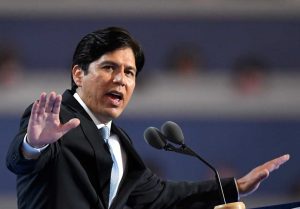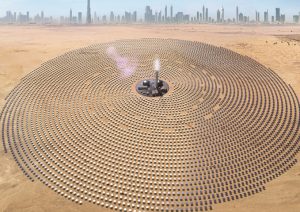Yesterday California passed legislation to achieve 100% low carbon electricity by 2045, with 60% by 2030. This is a policy academics such as Mark Z Jacobson and many environmentalists have long advocated. The legislation was introduced by the Democratic Senate Leader Kevin de Leon and was passed with the support of climate conscious republicans such as Chad Mayes and Arnold Schwarzenegger.
Meanwhile a few weeks ago Donald Trump scrapped Obama’s clean power plan and is attempting to promote greater use of coal. If successful this would of course be a disaster for public health and for the climate. However industry analysts think his legislation will have only marginal effects on keeping a few coal plants operating a bit longer, in a few States.
A huge division is opening up in America as a growing number of States, led by California, Hawaii and Vermont are pursuing 100% renewable electricity. Environmental considerations rightly play a part in their thinking, but so too does the falling costs of wind and solar power. Also renewables create many more jobs than coal, gas or nuclear. Trump makes much of trying to protect jobs in the coal industry, but his real motivation seems to be more about protecting the share price of his backers in the coal industry, and I think also his personal hatred of anything that smacks of care for the planet.
California has abundant renewable resources. By developing these resources intelligently it could create many social, economic and environmental benefits. It might well find it has got to 100% renewable electricity well before the 2045 deadline it has set itself.



